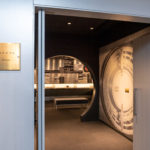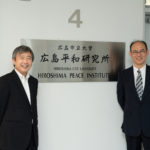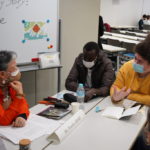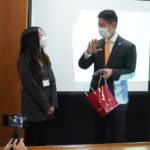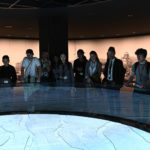“Anti-war poet and painter sings about Hiroshima in memory of Shikoku Goro” Imada Yoji, Vocalist
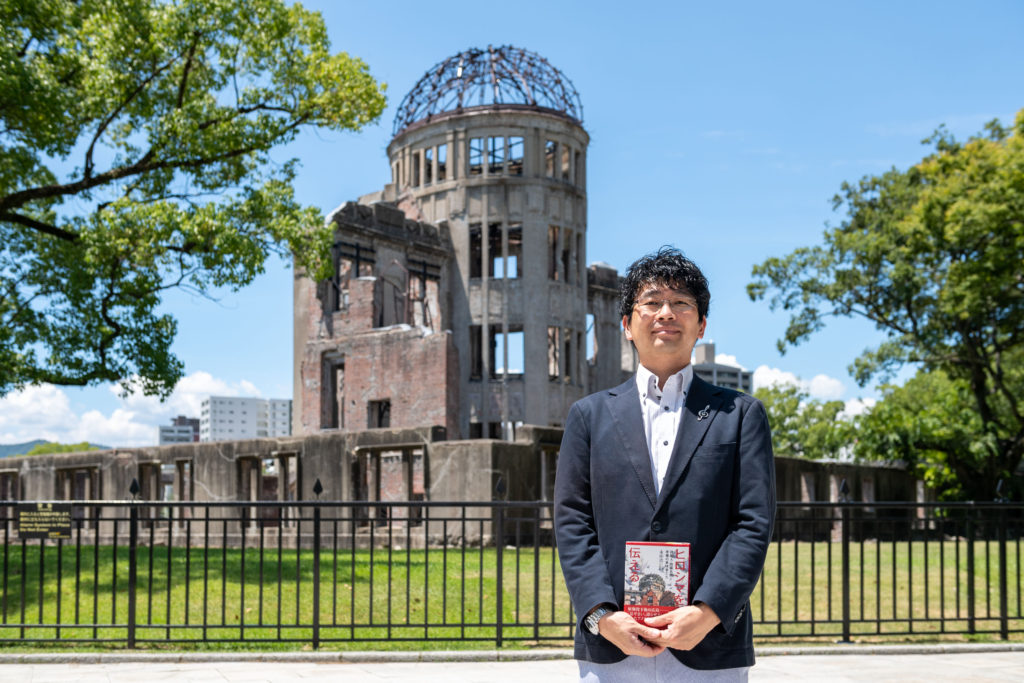
”I want to bring songs that convey Hiroshima to all parts of Japan.” Mr. Imada Yoji is the only vocalist in the world who sings the works of Shikoku Goro, an anti-war poet and painter. We spoke with Mr. Imada about what he felt from Mr. Shikoku’s works on a sunny summer day, just like that day in Hiroshima, and the message he wants to convey from Hiroshima through his songs and music.
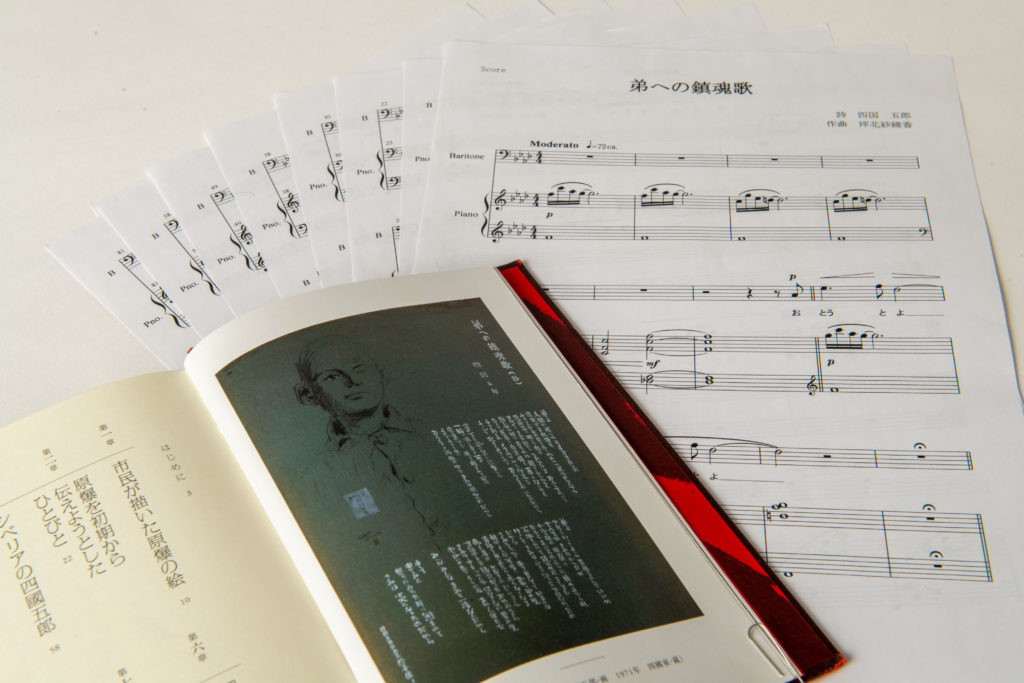
I was born in Etajima City (Hiroshima Prefecture) and studied vocal music at university. After graduating from university, I became a baritone singer based in Hiroshima and have been involved in choral activities and teaching choral singing. As a musician in Hiroshima, I want to be a singer who can tell the story of Hiroshima, and while looking at literature, documentary footage, and films about Hiroshima, I came across a work titled “Requiem for My Brother (Extract)” in Shikoku Goro’s art collection, “The Shikoku Goro Museum.” It was a poem that expressed his hatred for the war and was accompanied by a picture of his brother with a gentle expression.
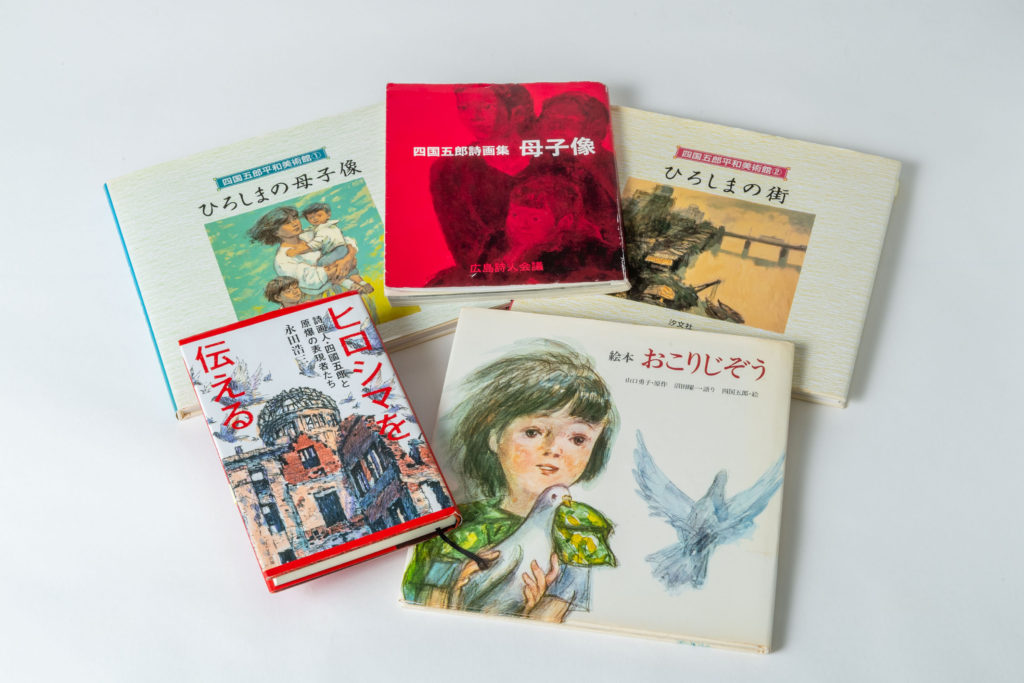
Looking back, my first encounter with Mr. Shikoku’s work was through the pictures in the picture book “The Angry Jizo,” which I read when I was in the early grades of elementary school. It is a story about a girl who was injured by the atomic bombing and when she asks for water from a smiling Jizo, who she finally reaches, the Jizo sheds tears and gives the girl a drink, and the girl dies smiling. I remember the angry face of the Jizo when he was shedding tears was like the Nioh (guardian gods) and it was really scary. Looking back again, the pictures on the other pages are beautifully drawn with kind expressions, even those who are dead or injured. The artist’s style is one of anger at the atomic bombings, but also one of respect for the atomic bomb survivors. I was strongly drawn to Mr. Shikoku’s way of life.
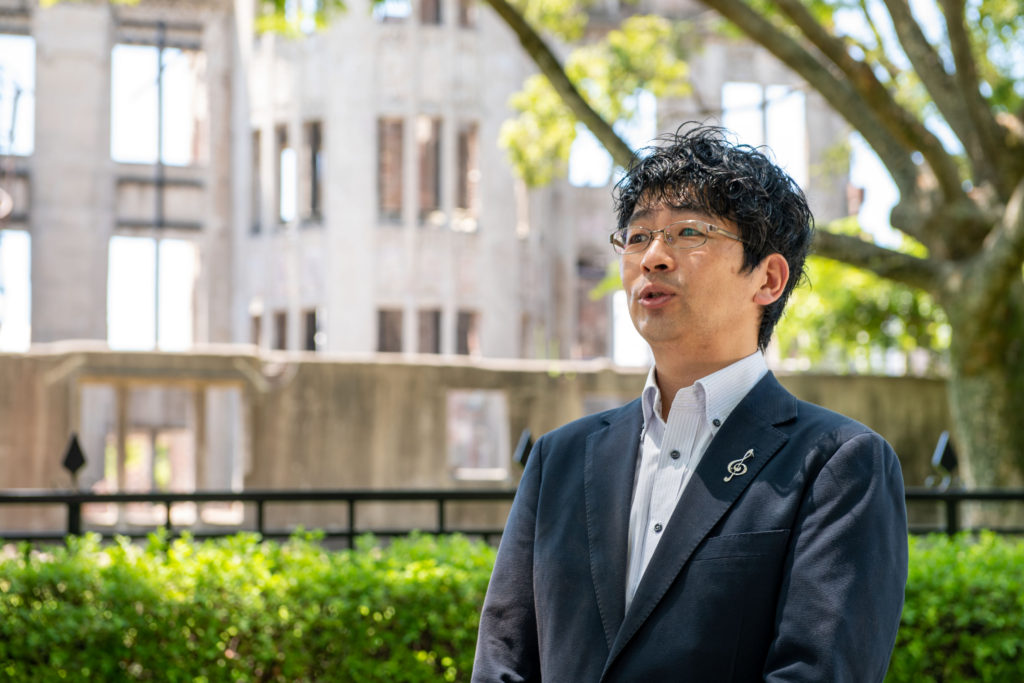
Shikoku Goro, born in 1924, was drafted into Manchuria and after returning from Siberian internment, he learned that his younger brother had died in the atomic bombing. They were so close that they had promised to paint together when the war was over, but after his brother’s death, he gave up his dream of moving to Tokyo to become a painter and stayed in Hiroshima. Together with the poet Toge Sankichi and others, he continued his anti-war activities undeterred by the oppression and discrimination under the GHQ control after the war. He continued to appeal for peace throughout his life and passed away in 2014.
The more I researched about Mr. Shikoku, the more I found similarities with myself. His younger brother, who was killed in the atomic bombing, was named Naoto, and my son has the same name, although the Chinese characters are different. I was also surprised to find that the anniversary of Naoto’s death was the same as my second daughter’s birthday. I am a third-generation atomic bomb survivor, and I have felt the difficulty of conveying the painful experiences of atomic bomb survivors to people who did not actually experience Hiroshima. The connection with Mr. Shikoku gave me goose bumps, and I began to feel more strongly that I wanted to sing about his feelings.
Around that time, an exhibition of Mr. Shikoku’s works was held in Hiroshima, and I visited on the first day. He had already passed away, so I asked his son, who was there, if I could sing his works. He was very surprised, but said, “Looking at a painting and appreciating it is two-dimensional, but music is three-dimensional. I am happy that the works can be expressed in a new dimension.”
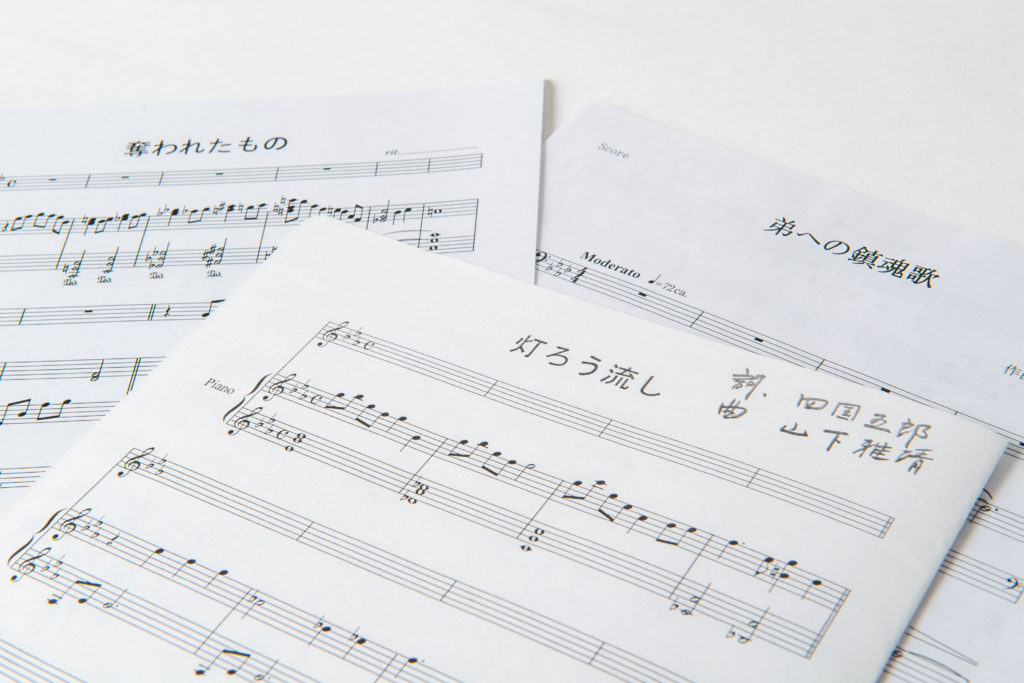
Currently, I am singing three of Mr. Shikoku’s poems, “Requiem for My Brother (Extract),” “The Lost Things” and “Setting Lanterns Adrift.” In each case, I am the singer and Yamashita Masanobu is the pianist. I have promised the family that I will only perform Mr. Shikoku’s works with these two in the future.
As I sing with the scene of the poem in my mind, I sometimes get so emotional that I shed tears, but the purpose is to express Mr. Shikoku’s poem with my body. I try to express Mr. Shikoku’s worldview as it is, rather than incorporating my own feelings.
In 2020, I was able to sing at the Hiroshima National Peace Memorial Hall for the Atomic Bomb Victims and in Nagasaki. Since I am the only one in the world who can sing Mr. Shikoku’s poems, I would like to sing in various places, so I left my employer in the spring of 2021 to devote myself to music. I accept requests for peace education on my website, and visit elementary and junior high schools to introduce Ms. Shikoku’s anti-war peace activities and deliver the message of peace contained in his poems through songs.
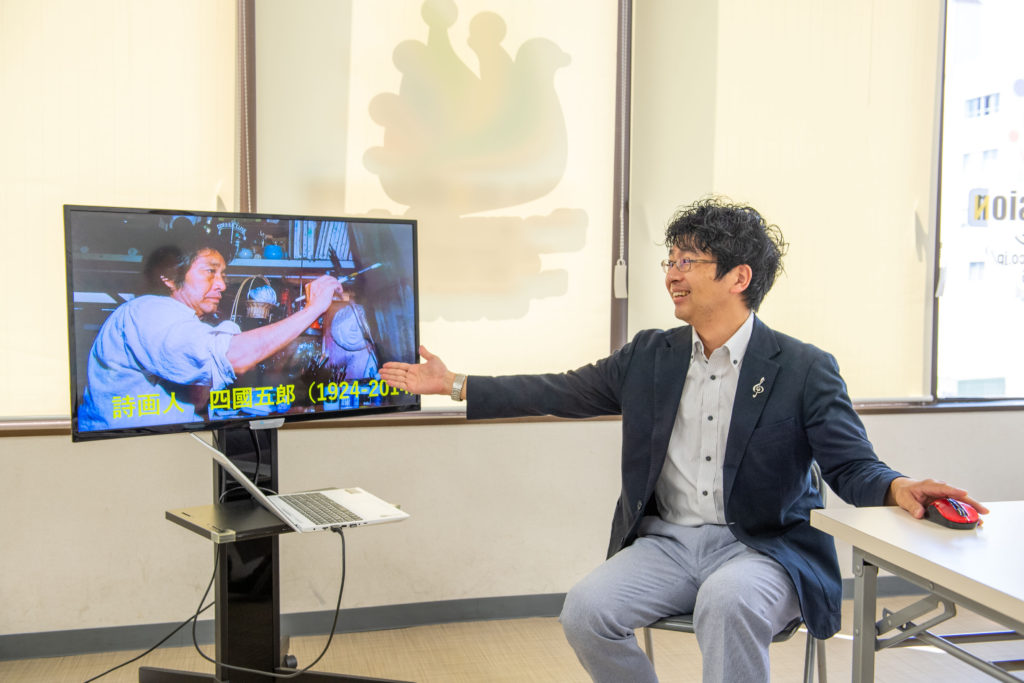
Through these activities, I feel that many people have an image of singing or listening to peace as something that is difficult to do or something that makes them feel defensive. I am trying to find a way to convey peace in a simple and easy to understand form, and I would be happy if I could make contact with people who have never had contact with peace activities before by taking a new approach to conveying peace through poetry.
Mr. Shikoku left behind some words. “Let’s paint pictures on behalf of those who have died. Oppose war and abolish nuclear weapons. Let’s paint pictures of how human beings can join hands, starting from the love beyond merit that we see between a mother and her child. Whether it becomes art or not…”
With the help of Mr. Shikoku, I would like to appeal for peace by conveying the message of Hiroshima to the rest of Japan and to the world. I will cherish every opportunity and give it my all.
Imada Yoji
Born in Etajima City, Hiroshima Prefecture. Graduated from the Religious Vocal Music Course of the Elisabeth University of Music. He came across the works of anti-war poet and painter Shikoku Goro, and performed “Requiem for My Brother (Extract)” for the first time in November 2019. He has also sung other songs such as “The Lost Things” and “Setting Lanterns Adrift.” He is the president of the music school “The Song Classroom” and started working as a freelance vocalist in the spring of 2021.
HP:utano-kyoushitu.com
Tags associated with this article



